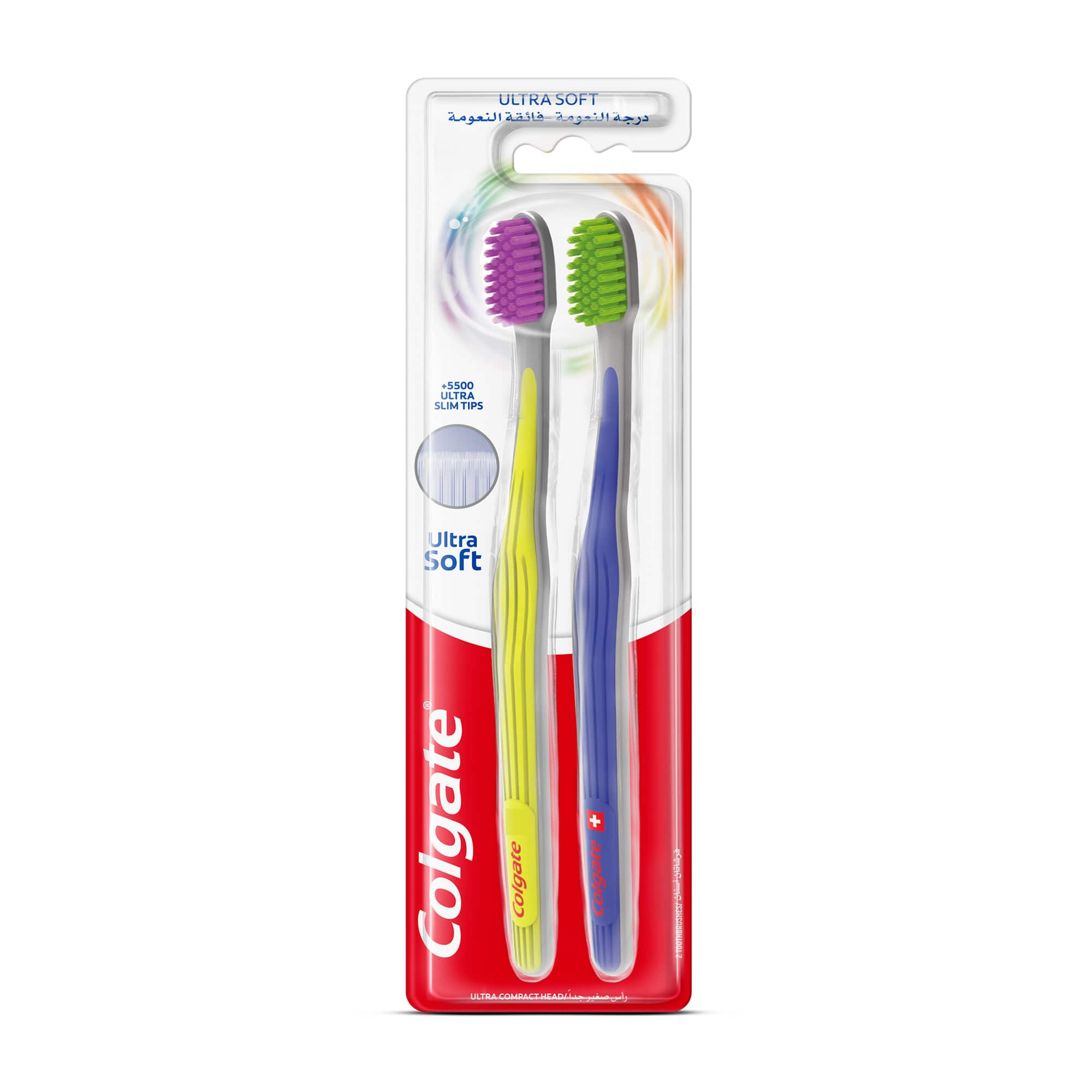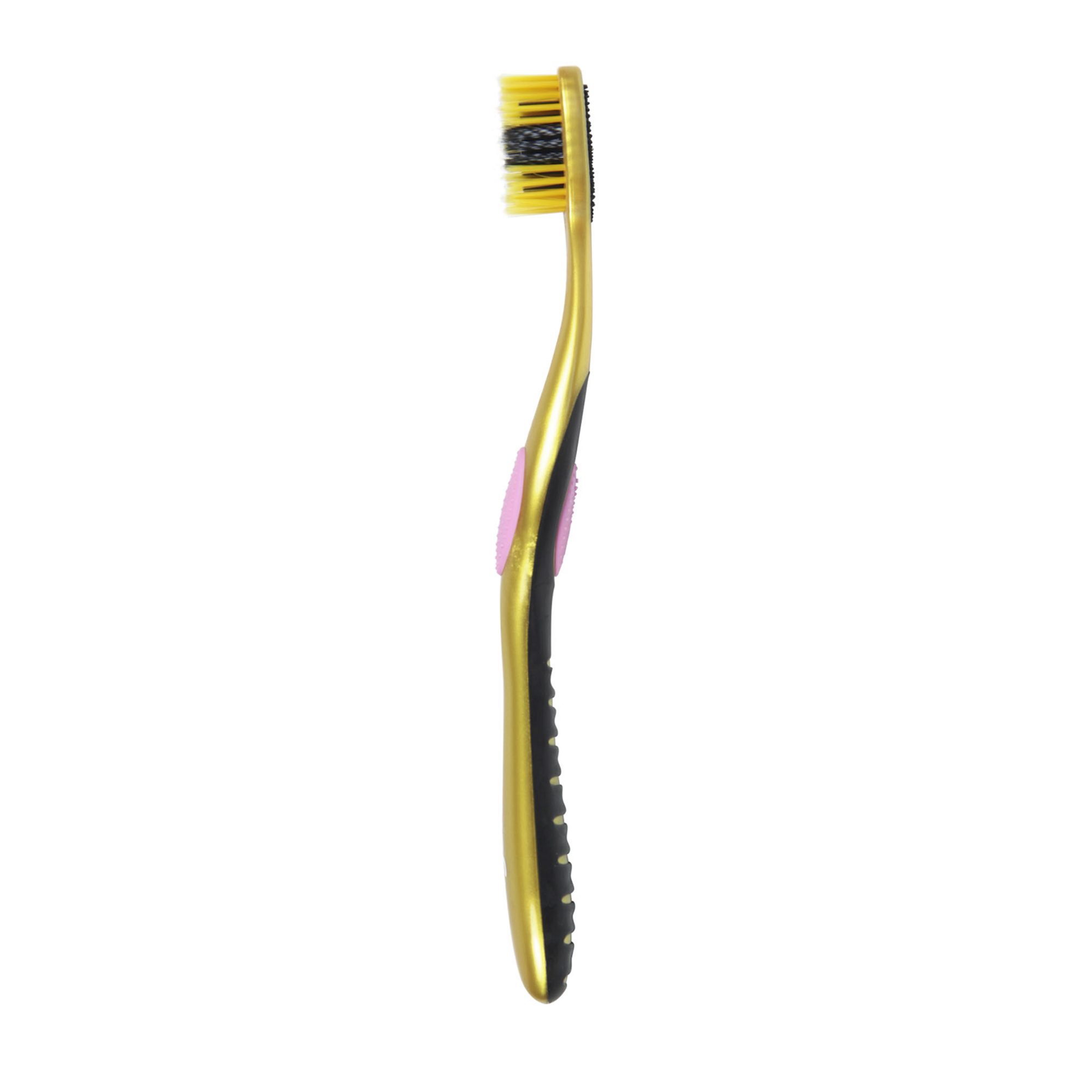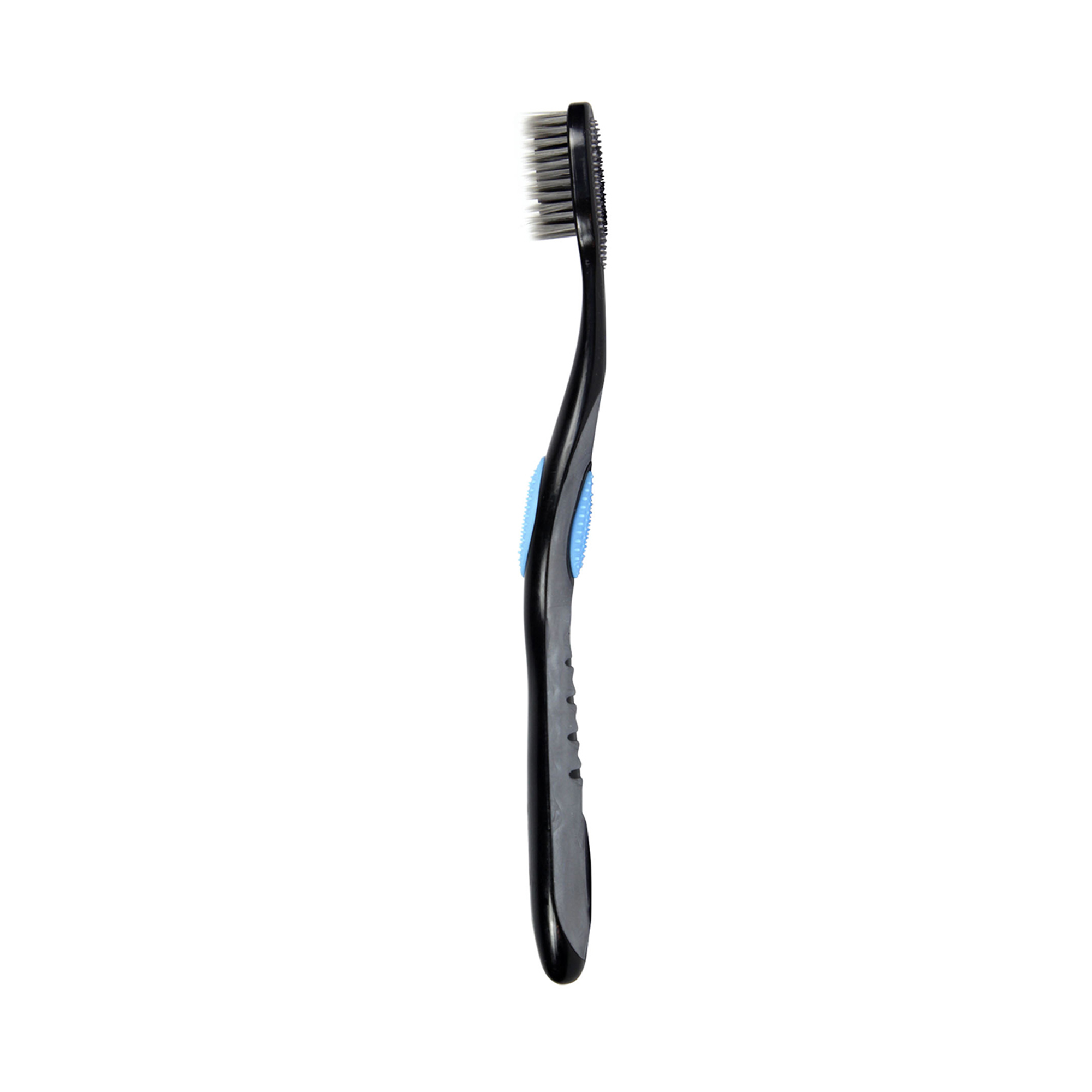-
-

NUTRITION AND ORAL HEALTH
What is Dental Public Health? A Look at How It Can HelpMany oral diseases can be prevented with routine care and regular dental checkups...

NUTRITION AND ORAL HEALTH
How to Limit the Effects of Sugar on TeethCookies, cakes, candy and sodas – everywhere you go, there are sugary treats to tempt...
-
Science & Innovation
- Colgate® | Toothpaste, Toothbrushes & Oral Care Resources
- Oral Health
- The Connection Between Oral Health and Strokes


One might not think that oral health and strokes are related, but in fact, our oral health connects to our general health.Your mouth is home to thousands of bacteria, some of which are linked to mouth diseases that can lead to problems elsewhere in the body.Learn more about how oral health and strokes are connected and what you can do to ensure that your mouth and body stay healthy.
The Connection Between Strokes and Oral Health
According to studies, oral bacteria have been linked to health complications such as heart disease, diabetes, problems in pregnancy, dementia and strokeResearch has shown that, if the oral bacteria responsible for gum disease find a way into the bloodstream, they may cause C-reactive protein levels to rise.This elevation can indicate inflammation in the blood vessels and, ultimately, signal an increase in that person's risk of stroke and heart disease.
Preventing Gum Disease
Do your gums bleed when you brush your teeth or floss? If so, please know that this is not normal, and proper brushing and flossing should never cause this. Bleeding gums are a cardinal sign of gingivitis, which is a reversible form of gum disease. When allowed to persist, gingivitis can lead to periodontal disease (periodontitis), a more serious form of gum disease that may spread to the underlying bone and eventually lead to tooth loss. There are some important steps you can take to prevent gum disease and its associated health consequences.
These include:
- Brushing at least twice a day for two minutes each time. The best times to brush are in the morning and before bed, as well as after snacks and meals.
- Floss all of your teeth at least once a day to clean the areas that your toothbrush cannot reach.
- Maintain regular dental visits — at least once every six months.
- Report any dental concerns, such as bleeding or swollen gums, to your dentist as soon as possible.
Following these oral care tips can help you not only prevent gum disease and its oral consequences, but may also help you minimize your risk of associated health issues, such as strokes.
Oral Care After a Stroke
If you have had a stroke, it's just as important to continue maintaining optimal oral hygiene to prevent any further complications. According to studies, if a critically ill patient doesn't implement regular dental care following a stroke, they may develop ventilator-associated pneumonia. Additionally, studies also describe the possible association between poor oral hygiene in post-stroke patients and an increased risk of aspiration pneumonia, which can sometimes be fatal.
Keep in mind the old adage: An ounce of prevention is worth a pound of cure.
In addition, if you have recently had a stroke, it's critically important that you follow a good oral care routine to protect your health. You can work with your dental and medical team to develop oral hygiene practices that will help you prevent oral disease and avoid any further health issues.
This article is intended to promote understanding of and knowledge about general oral health topics. It is not intended to be a substitute for professional advice, diagnosis or treatment. Always seek the advice of your dentist or other qualified healthcare provider with any questions you may have regarding a medical condition or treatment.
Related Products

Helping dental professionals
More professionals across the world trust Colgate. Find resources, products, and information to give your patients a healthier future




.jpg)






